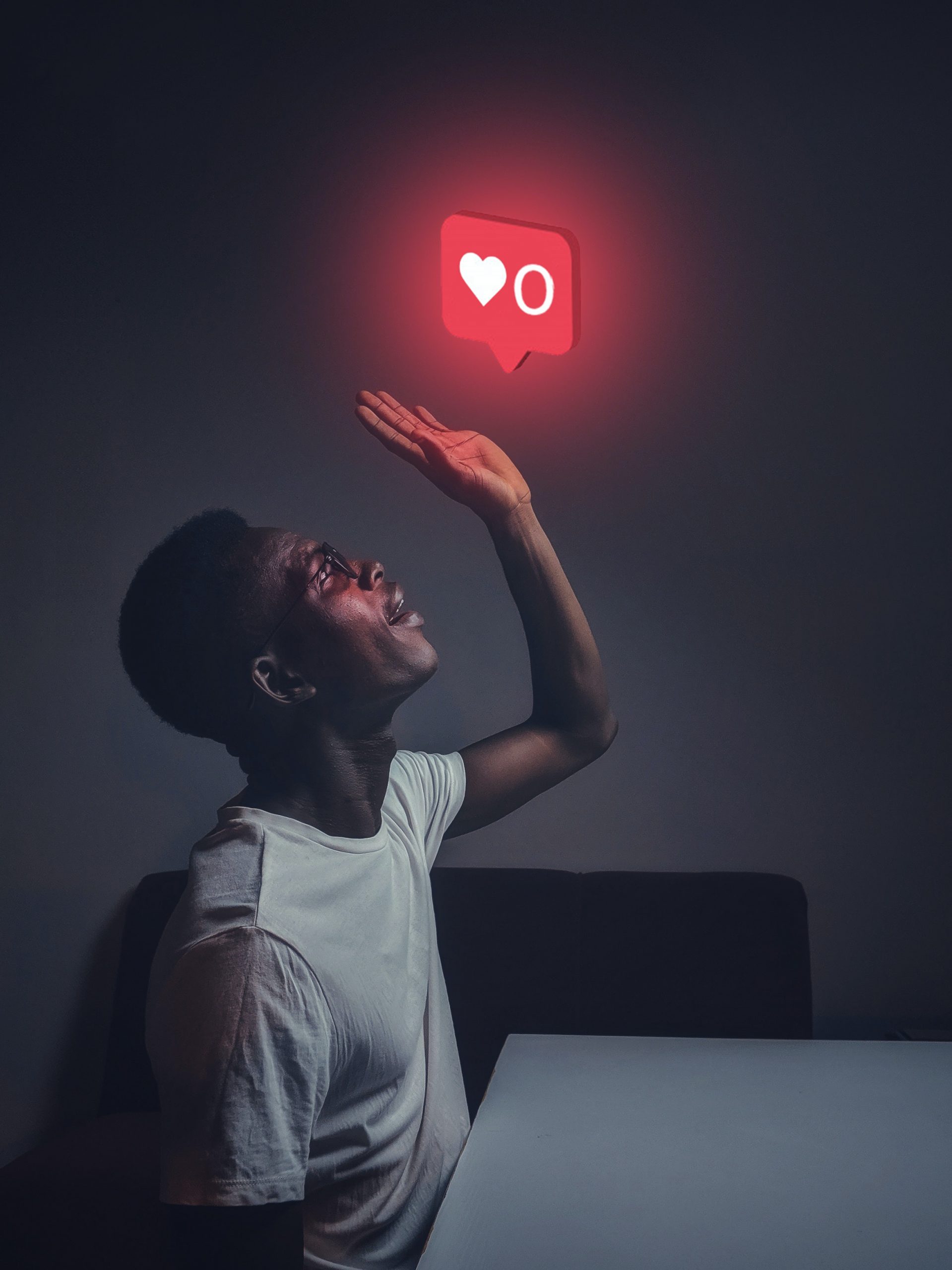I’m sure most people here are familiar with some form of social media that depends on the use of digital numbers to show engagement. Whether it be likes and follows on Instagram and Twitter, or downvotes and upvotes on Reddit, or comments and shares on Facebook, everyone who has been on some social media platform has probably received or given these forms of engagement to users they interact with. But there has been a shift in the nature of these digital numbers; what was once simply a form of letting users know how many people are interested in their content has now become a huge, even primary, form of validation and determinant of one’s self-esteem.
Receiving compliments and praise activates the brain’s reward center that, in turn, leads to a boost in serotonin and dopamine. These boosts motivate people to continue whatever actions leading to that boost. When posting content on any form of social media, the numbers associated with engagement serve as indirect little compliments that activate this reward center; the comments and likes become an addicting high that many people will go to concerning and unhealthy extents to reach. Influencers who depend on these numbers for their occupation and just regular users alike will take carefully posed and edited pictures that they believe will attract the most number of likes–phrases like “thirst traps” (a sexually suggestive picture that “traps” people to engage with it) and “flexes” (pictures that suggest an abundance of wealth, like a photo of a designer item that obviously costs a large amount) have been coined in association with this phenomena. There are now even apps and programs that offer follows and likes in exchange for payment for Instagram, Facebook, Twitter, Tiktok, and others. It does not matter that most of these delivered likes and follows are bot accounts that provide empty engagement; in addition, Reddit has seen numerous instances of “karma farming bots”, bots specifically programmed to upvote posts. As long as the numbers are there, the reward center is activated, no matter how inauthentic that engagement is.
Recently, there have been initiatives to fight back against the new norm of validating one’s self-worth through likes and follows. Reddit has been banning users suspected of using karma farming bots to gain traction; Instagram now gives users the option to hide the numbers of likes from other users and disable comments; VSCO, a popular photo editing app that also implements a social platform that allows users to post their images, utilizes “like” and “repost” options like many other social media platforms, but does not allow users to see how many likes they receive in an effort to motivate users to focus solely on creative freedom rather than the digital numbers.
Below is a TEDx Talk by Poppy Jamie, a TV personality and Instagram public figure who offers some unique insight into the issue of equating one’s self-worth with their social media engagement, as well as links to articles that further explore this side of mobile culture.
‘Why Am I So Obsessed With People Liking My Posts?’
Everyone On Social Media Is Seeking Some Kind Of Validation
What Happens When We Stop Seeking Validation on Social Media

There is a certain irony in that we are also rating posts, but the topic is an important one. Do you think people would be drawn to a social media platform that doesn’t highlight responses from the audience? Love the concept, but I think the likes/dislikes are part of the gamification of these platforms.
Data generated from likes/dislikes is used to suggest ads and other content – part of the under-belly of social media.
Hi Tasneem,
Great post; certainly quite relevant to the social media hype these days.
This ties nicely to the comment that I left on your earlier post with regard to the band wagon effect. What a powerful and valid statement to say “the comments and likes become an addicting high that many people will go to concerning and unhealthy extents to reach”. Couldn’t agree more, the level of toxicity around gaining more “likes” is simply unbelievable. Having said this, as you mentioned a number of social media platforms are hiding the “number of likes” to encourage users to focus on creating meaningful content rather than what gets the most likes.
Thank you,
Saeid